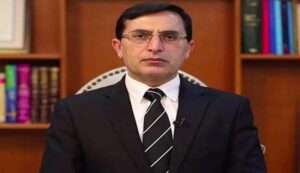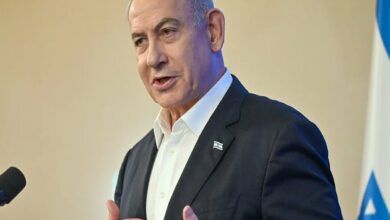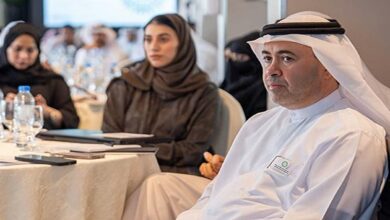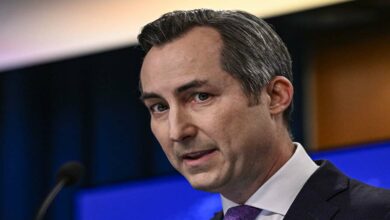PTI Chairman Barrister Gauhar Ali Khan revealed this
Prior to the demonstrations in November 2024, PTI Chairman Barrister Gohar Ali Khan disclosed that his party has “backdoor contacts” with Pakistan’s military; however, he added that these discussions had since been terminated. According to Dawn, Gohar affirmed that all current talks are only with the government.

Gohar claims that the PTI leadership first sought to engage in dialogue with the military because they understood the army’s important influence on national decision-making. The “positive direction” of these communications continued until PTI founder Imran Khan was arrested in a fresh case.
Gohar explained how negotiations with the military broke down when Khan was detained again on charges connected to the September 2024 demonstration after being released on bail in the Toshakhana case, which featured the contentious purchase of a Bulgari jewelry set.
“Now, the PTI is not holding backdoor talks with the establishment,” Gohar said. He did stress that future conversations with the military are still possible and that there is still opportunity for them to happen. PTI’s emphasis on having discussions only with the government at this time is reflected in this statement.
The PTI chairman also addressed reports that he had received an offer to transfer Imran Khan from Adiala Jail to his Banigala home. Gohar quickly denied the allegations, restating Khan’s belief that his incarceration was unlawful. According to Gohar, “there is no point in considering such an offer,” which is in line with Khan’s viewpoint. According to Dawn, the PTI leader’s unwillingness to consider any kind of conditional release strengthens the party’s position against his unfair imprisonment.
Additionally, PML-N leader Rana Sanaullah proposed a trilateral meeting between Imran Khan, PML-N President Nawaz Sharif, and PPP’s Asif Ali Zardari to address the country’s continuing political difficulties, but Gohar rejected the notion. He described the concept as “idealistic,” pointing to the political players’ intractable disagreements.
According to Gohar, “I might see this day [talks between the three leaders] in my life, but for now, this isn’t possible,” meaning that such a conversation is very unlikely to occur right now.
Sheikh Waqqas Akram, the PTI’s central information secretary, spoke on the current negotiations with the government in Peshawar. He promised that the discussions would not be derailed by the anticipated ruling in the £190 million lawsuit on January 6.
Akram said, “The talks will continue, keeping in view the government’s seriousness,” adding that the party has not connected the conversations to the judgment. He also discussed the release of PTI employees who had received sentences from military tribunals, making it clear that the current negotiations with the government had nothing to do with their liberation.
“Our workers were released because they were innocent, and it was not possible to further keep them in jail,” Akram said.
Beginning with a call for Pakistanis living abroad to refrain from sending money home, the PTI has also been actively involved in a campaign of civil disobedience. Within two months, Akram predicted, the effects of this action would start to manifest.
According to Dawn, he said that if the government complied with their demands—which include freeing all party members who are currently in jail and establishing a judicial committee to look into the May 9 and November 26 protests—the PTI will assess the situation and think about disbanding the movement.
Akram emphasized the PTI’s continued commitment to change by explaining, “The civil disobedience movement is necessary for a country where the Constitution, laws, and human rights are violated and lawmakers are abducted.” Additionally, he denounced the internet outages, cautioning that they would have a detrimental impact on Pakistan’s digital economy, especially on the young people who make major contributions to it.





